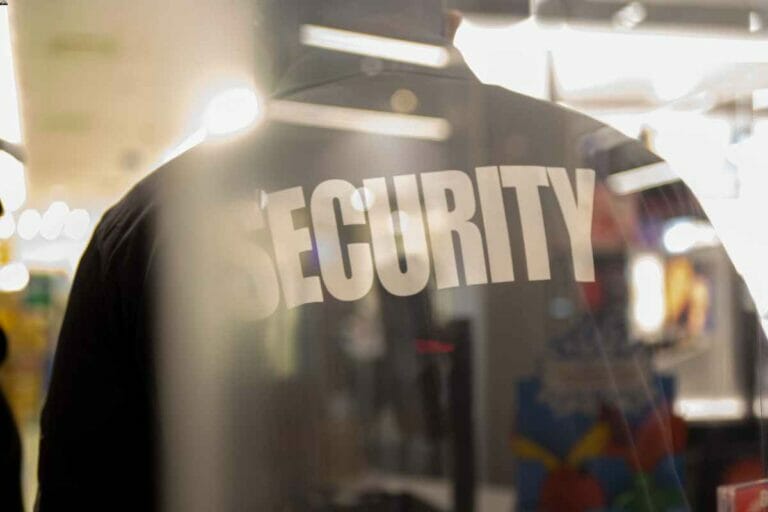Under Texas law, there’s a hybrid version of your standard premises liability claim. This hybrid is a claim against the owner of the property for providing inadequate security.
So, can you hold a property owner liable for an attack or damage to your property on their premises? Do property managers and owners owe a duty of care to others to protect them from attacks or damage?
Below, we explore the legal standards set by the Texas Supreme Court for property owners, the factors determining foreseeability, and the circumstances under which a duty of care arises.
The Standard for Recovery Against a Property Owner for Inadequate Security
In the case Timberwalk Apartments, Partners, Inc. v. Cain, 972 S.W.2d 749 (Tex. 1998), the Texas Supreme Court established a standard for recovery against property owners with inadequate security.
The Rule: “a person has no legal duty to protect another from the criminal acts of a third person.”
The Exception: “one who controls . . . premises does have a duty to use ordinary care to protect invitees from criminal acts of third parties if he knows or has reason to know of an unreasonable and foreseeable risk of harm to the invitee.”Id. at 756
The Prerequisite for Imposing a Duty of Care on Property Owners
When does a property owner owe a duty of care to people on the premises? The duty exists only when the risk of criminal conduct is so great that it is unreasonable yet foreseeable. Courts can determine this based on what the owner knew or should have known before the criminal act occurred.
Determining Foreseeability in the Context of Premises Liability
In the context of premises liability, “foreseeability” depends on several factors. Specifically, the criminal acts of third parties should meet these conditions:
the proximity of other crimes
the recency and frequency of the other crimes
the similarity of the other crimes
the publicity of the other crimes
Liability Created by Conduct of Patrons Which Immediately Precedes an Attack
Liability may also be created by the conduct of patrons that immediately precedes an attack, citing Del Lago Ptnrs. v. Smith, 307 S.W.3d 762 (Tex. 2010). In this case, several fraternity members and other men from a wedding party engaged in name-calling, yelling, cursing, and shoving for roughly 90 minutes before a fight started. The fight resulted in serious injuries.
In their decision, the Texas Supreme Court held that a reasonable jury might find the bar owner’s failure to provide security led to the injuries sustained in the fight. The court based this, in part, on testimony that the presence of security can “deter problems,” “defuse hostile behavior,” and “chill dangerous or criminal activity.”
Potential Defendants for a Claim of Inadequate Security
The potential defendants for a claim of inadequate security include the following:
Property management companies
Convenience stores
Apartment complexes
Bar owners
Hotels
Restaurants
Retail establishment
These claims require quick action to obtain police reports of prior criminal activity, statements from witnesses, video footage from the time period in question, and notices previously sent to property management. It is crucial to obtain evidence before it is destroyed.
Final Thoughts
Property owners have a duty of care to protect others on their premises from criminal conduct if they know or have reason to know of an unreasonable and foreseeable risk of harm to the invitee.
Above, we highlighted the legal standards for recovery against a property owner for inadequate security, factors determining foreseeability, and circumstances under which a duty of care arises.
With the ruling in Del Lago Ptnrs. v. Smith, 307 S.W.3d 762 (Tex. 2010), the Texas Supreme Court expanded liability to owners with no prior knowledge of criminal activity aside from the events immediately preceding the event of the case. Property owners and managers should understand these legal standards and take appropriate measures to ensure the safety of their patrons.


